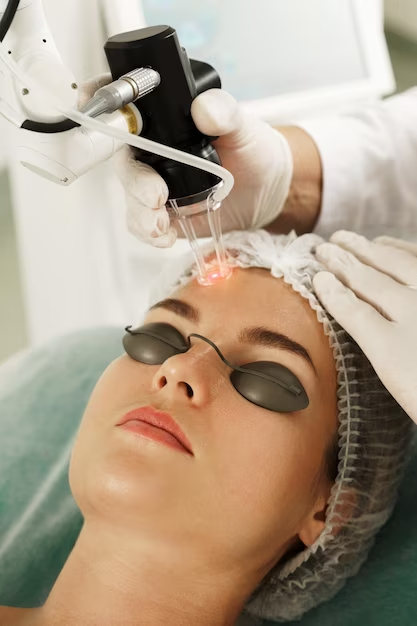Hyperpigmentation is a common skin concern that affects individuals of all skin types, including those with South African skin. South Africa’s diverse climate, intense sun exposure, and potential hormonal changes can contribute to the development of hyperpigmentation. However, with the right knowledge and skincare practices, it is possible to address and reduce the appearance of hyperpigmentation. Let’s explore some effective strategies for managing hyperpigmentation in South African skin.
Understanding Hyperpigmentation:
Hyperpigmentation occurs when there is an overproduction of melanin, the pigment responsible for the color of our skin, hair, and eyes. It can manifest as dark spots, patches, or uneven skin tone. There are different types of hyperpigmentation, including:
- Sunspots or Solar Lentigines: These are dark spots caused by prolonged sun exposure. South Africa’s high levels of UV radiation make individuals more prone to developing sunspots.
- Post-Inflammatory Hyperpigmentation (PIH): PIH occurs as a result of inflammation or injury to the skin, such as acne, eczema, or cuts. In South African skin, PIH can be triggered by increased sebum production, environmental factors, or skin trauma.
- Melasma: Melasma is a specific type of hyperpigmentation characterized by larger patches of darkened skin. Hormonal changes, such as those during pregnancy or with the use of certain medications, can contribute to the development of melasma.
Addressing Hyperpigmentation:
- Sun Protection: Protecting your skin from the sun’s harmful UV rays is crucial in managing hyperpigmentation. South Africa’s high UV index emphasizes the importance of wearing broad-spectrum sunscreen daily, with an SPF of 30 or higher. Seek shade during peak sun hours, wear protective clothing, and use wide-brimmed hats and sunglasses to shield your skin from direct sunlight.
- Skin-Lightening Ingredients: Incorporating skincare products with skin-lightening ingredients can help reduce the appearance of hyperpigmentation. Look for ingredients such as hydroquinone, kojic acid, arbutin, vitamin C, niacinamide, licorice extract, or azelaic acid. These ingredients can help inhibit melanin production and fade dark spots over time.
- Chemical Exfoliation: Regular exfoliation can help accelerate the skin’s natural cell turnover process, leading to a reduction in hyperpigmentation. Chemical exfoliants containing alpha hydroxy acids (AHAs) like glycolic acid or beta hydroxy acids (BHAs) like salicylic acid can help exfoliate the skin and promote a more even skin tone.
- Retinoids: Topical retinoids, derived from vitamin A, are known for their skin-renewing properties. They can help improve the appearance of hyperpigmentation by increasing cell turnover and reducing melanin production. Start with a low concentration and gradually increase as tolerated.
- Professional Treatments: In severe cases or when over-the-counter products do not provide the desired results, professional treatments can be considered. Options such as chemical peels, microdermabrasion, laser therapy, or intense pulsed light (IPL) treatments can help target and reduce hyperpigmentation under the guidance of a dermatologist or skincare professional.
- Consistency and Patience: Addressing hyperpigmentation requires consistency and patience. Results may take time, so it’s important to be diligent in following a skincare routine and incorporating targeted products. Monitor your skin’s response and adjust accordingly.
- Consultation with a Dermatologist: If you’re struggling with persistent or severe hyperpigmentation, it is recommended to consult a dermatologist. They can assess your specific skin concerns, recommend suitable treatments, and provide personalized guidance.
Managing hyperpigmentation in South African skin is a journey that requires a holistic approach, including sun protection, targeted skincare ingredients, and professional guidance when needed. With consistent care and the right strategies, you can achieve a more even and radiant complexion, restoring your skin’s natural beauty.










